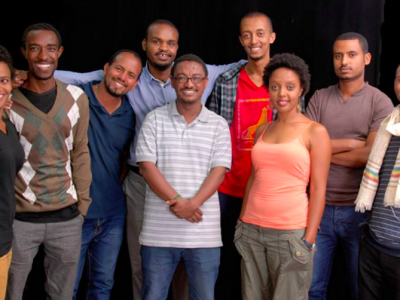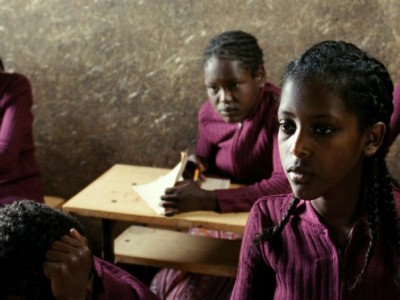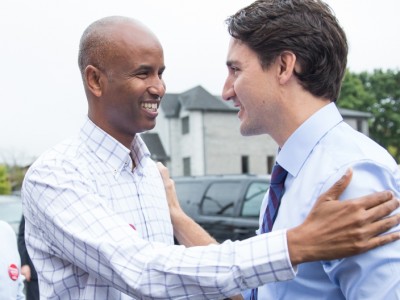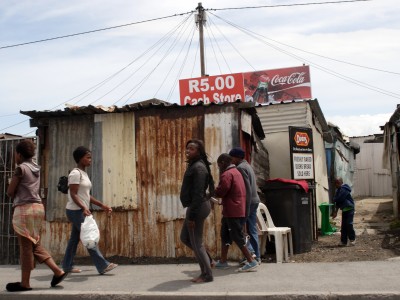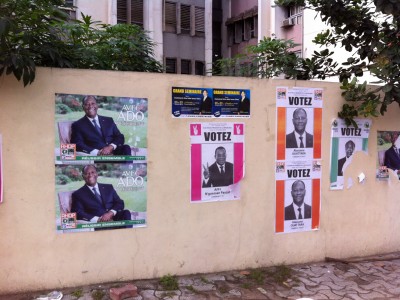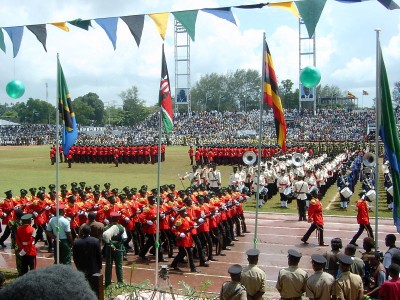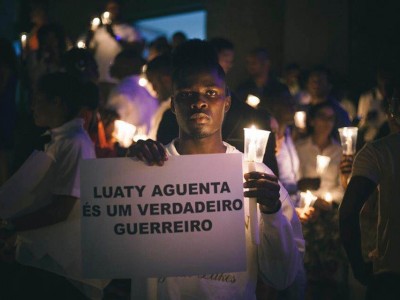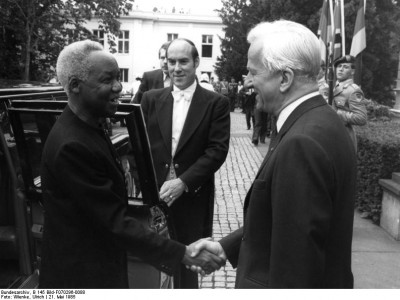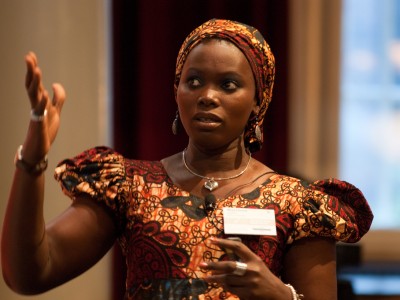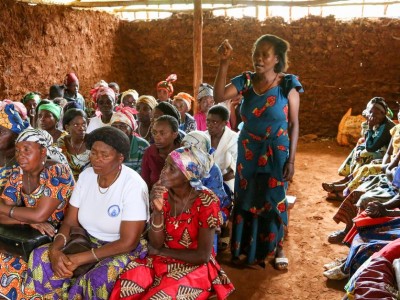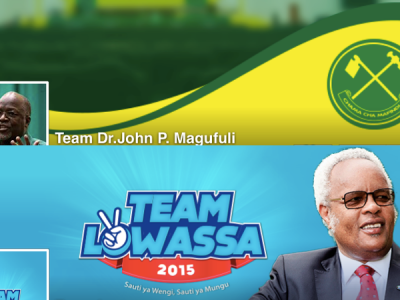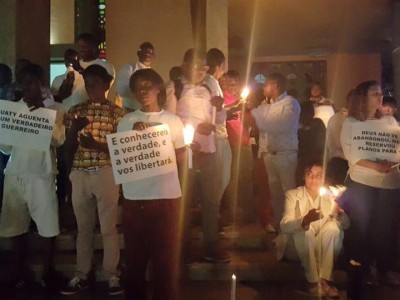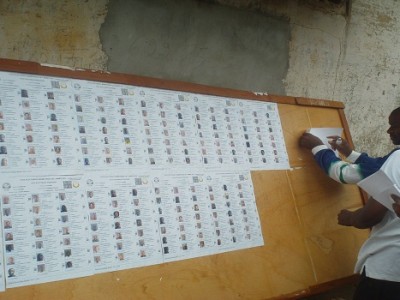Stories about Sub-Saharan Africa from October, 2015
#FeesMustFall Hashtag in South Africa Turns Into #FeesHaveFallen. But Have They?
"The reality is that #FeesHaveFallen has been hushed into FeesHaveNotFallen. Nothing's changed; something has been prevented."
‘Our Detention Tells a Broader Story About Our Country': Reflections From Ethiopia's Zone9 Bloggers
"To our incarcerators who gave us those ordeals, even if you are not asking us for forgiveness, here we are."
The Story of an Ethiopian Girl Who Fought Abduction, and the Lawyers Who Saved Her Life
"Difret" means "courage" in the Amharic language. A new film by that name tells the story of an Ethiopian girl who was kidnapped by men to enforce a "traditional" marriage.
A Canadian First: A Somali Immigrant Wins a Seat in Parliament
From refugee to Parliament Hill: Ahmed Hussen is Canada's first member of parliament of Somali descent.
#FeesMustFall Brings South African Universities to a Standstill
Students argue that increases will keep poor, mostly black South Africans from higher education. Protests against the proposed university fee hikes, which started last Wednesday, and have spread nationwide.
Netizen Report: Uganda Vows to Step Up Online Censorship
Free speech is under fire in East Africa: Two Facebook users have been charged under Tanzania's new cybercrime law, while new social media regs are on the horizon in Uganda.
On the Eve of Elections, Côte d’Ivoire Tries to Move on From Its Violent Past
On October 25, Côte d'Ivoire is going to hold presidential elections. As the last elections in 2010 ended in a civil war, the current atmosphere in the country is tense.
Two Tanzanians Accused of Posting ‘False Information’ Face Charges Under New Cybercrime Law
According to the state, both men have violated Section 16 of Cybercrimes Act, which prohibits "publication of false information." Little more is currently known about their cases.
Angolan Rapper Breathes New Life Into ‘Freedom Now’ Movement, As Hunger Strike Threatens His
Activists fight for their lives in Angolan jails. Thanks to a new online portal that collects and publishes photos showing solidarity with political prisoners, the movement is stronger than ever.
Ethiopia's Zone9 Bloggers Acquitted of Terror Charges
Many supporters on Twitter put words like "acquittal", "court" and "judiciary" in quotation marks to emphasize the degree to which the case exposed Ethiopia's failed judicial system.
Tanzanians Remember Their Nation's Founding Father With #DearNyerere
"#DearNyerere, in your day, popularity was based on good deeds towards your country, but nowadays it is the number of followers on Instagram and Twitter."
Did Pelé Stop the Bloodiest Civil War in Nigeria's History for 48 Hours?
Is it true that the Brazilian king of soccer ushered in a 48-hour ceasefire in Nigeria's bloody civil war? One writer did the research and has reason to doubt.
Female Entrepreneurs Give a Major Boost to the Development of Francophone Africa
Increasingly, civil society—and especially women—are keen to partake in the boom by starting businesses and joining Africa's new entrepreneurial mobilisation.
Outrage After Ugandan Police Strip a Female Opposition Official Naked in Public
"A regime that loses respect for women deserves no respect either"
Democratic Republic of Congo Bans Film on Renowned Doctor Who Treats Rape Survivors
The film "The Man Who Mends Women: The Wrath of Hippocrates” documents the work of Dr. Denis Mukwege, who specializes in the treatment of women who have been gang-raped.
WhatsApp Leads in Popularity, But Not Substance in Tanzanian Election Campaign
As a campaign platform, WhatsApp engages the most Tanzanian users, but political communication there mostly boils down to "trash talk," leaving Twitter, Facebook, and YouTube to provide more substantial debate.
Angolan Activist's Health in Danger After Nearly Three Weeks of Hunger Strike in Prison
Luaty Beirao, reportedly in critical condition, was arrested in June with 14 others on accusations of plotting a coup. He and the others maintain they were merely discussing peaceful protest.
Will Prayers Help Zambia's Currency Gain Value? President Lungu Thinks They Might
"Praying for a currency to improve means you don’t understand economics. The depreciation of the Kwacha is not the devils work."
Guineans Want Their Presidential Candidates to Run on Policy, Not Ethnicity
But not all the candidates are being transparent about their policies. GuinéeVote, a new platform that allows users to compare the presidential hopefuls' plans, only has three candidates' programs incorporated.


